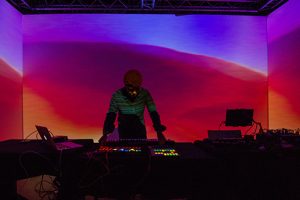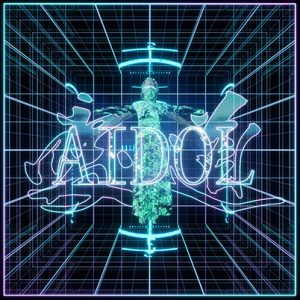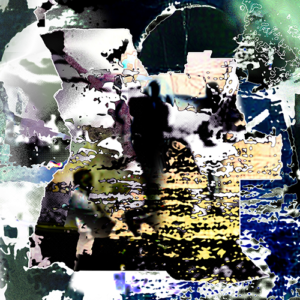“Those stories have to be told by us before someone else outside,” explains Nazar via Zoom about why it’s important to hold the narrative of his home in Angola. Earlier this year on March 13, the Manchester-based producer released album Guerrilla on Hyperdub, an 11-track epic that chronicles a collective memory experienced throughout his return to see family in the south-central African country. Distorted battlecries and voices blitz the caustic rhythms arranged in Nazar’s self-described ‘rough kuduro’ style. It’s a record that’s equally transportative as it is reflective of the aftermath of a civil war that ended in 2002.
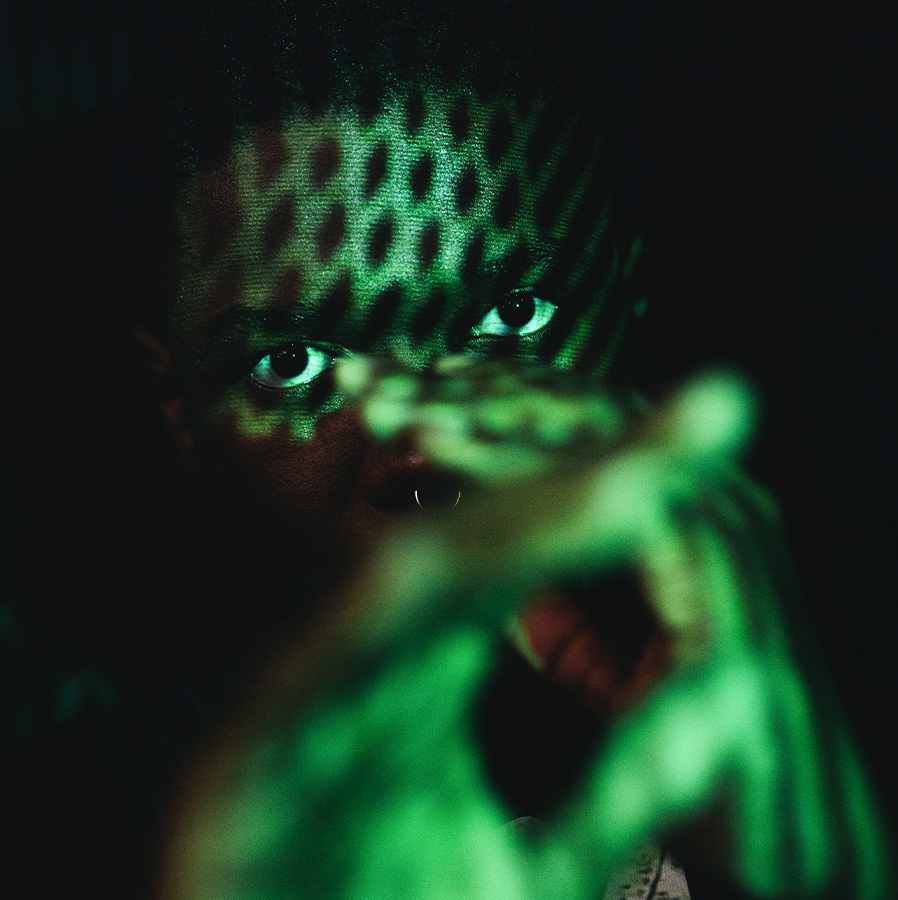
Nazar’s work opens conversations with this past. Site-specific samples, recorded oral tradition, and relevant media like maps, photographs and coordinates depict recalled experiences amidst wartime. His discography is a haunted archive made ambiguous by its personal nature. Guerrilla’s interpretation pivots on the listener’s understanding of Angola’s history and how it intersects with its own. Commonalities are cultivated by expanding the distance between personal experience and its representation in the music.
Guerrilla relies on collaborative mediation, mainly through the involvement of London-based event organizer and DJ, Shannen SP—who also appears on Nazar’s 2018 debut Enclave—to narrate the rhythmic scores. Her lyrics and voice chisel the specificity of Nazar’s raw source material and allow the ideas behind the work to broaden their application. “I kind of don’t want to get the ownership of my own voice on my own work because it can be told by everyone that feels connected to the story. So, that’s why I wanted to—I felt comfortable with having Shannen on the track ‘Airstrike’ and then ‘Bunker’.”
Shannen SP’s presence on Guerrilla and in Nazar’s ‘Bunker’ video naturally balances these ideas of personally-invested proximity and accessibility-providing distance. There is an inherent level of understanding between the two of them, as good friends learning to DJ together, but also in terms of their perspective as Black people in Europe. Shannen SP explains, “My family are Zambian and Zimbabwean. I’m not Angolan, but in a way there are things that we share and things that we both understand by being Afro-diasporic. Especially having this specificness of being in Europe, as well. So, there are overlaps and they intersect, but they are different at the same time.”
Shannen SP’s community-focused curatorial practices—demonstrated as an A&R at Hyperdub and co-curator of their monthly night Ø—are now focused as the collective Nine Nights, alongside Gaika and GLORIA. The project, with their online Carnival afterparty taking place August 30, facilitates a series of streams and events commemorating Black lives lost to COVID-19, and supports the creation of opportunities for the Black community.
While each artist engages with constructing community-oriented spaces from diaspora and has many overlaps in their perspective, they also have unique approaches that create a dialogue about the timing and direction of displacement. Nazar blurs first and third-person perspectives of the past as an emigrant from Angola to London. Shannen explores the possibilities of futurist narratives within the diaspora to create a sense of community across distance. Together they’re realizing a potential for the diaspora to define itself through connections across borders and times.
**Kuduro has been described as a tool for unity and healing. Do both of you see yourself as facilitating a certain community therapy across your work?
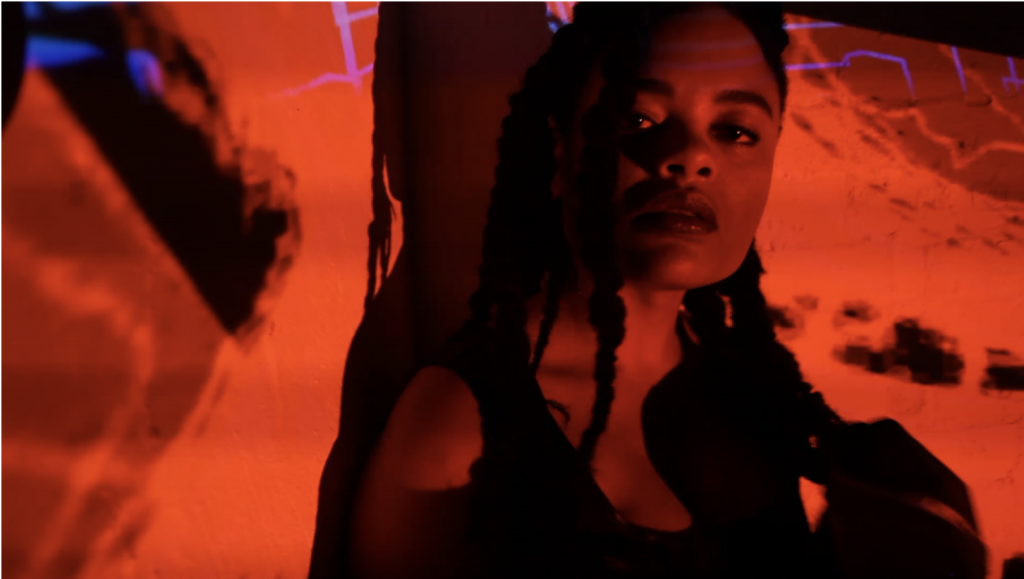
Nazar: I believe that in some way that I’m doing this, but I don’t want to say that I’m taking some type of responsibility or anything. It’s very personal to me and involves my family directly. I’m trying to reach a community, but it’s not the main goal to reach the whole culture because I know there are other types of kuduro, and this is just my take into those aspects. When I was getting myself into the culture of kuduro, while growing up in Luanda, I realized all these codes that were into the music. The clues were there but I wanted to go for something more literal because I knew that the dance was inspired by the war and all about distortion and the rhythm. I wanted to be able to translate in a more rough way, in a more unfiltered way.
**Could you list a few examples of the codes that you were talking about and the symbolism?
NZ: One of the most important aspects of the album is trying to grasp the regional aspect of the record. When I made a trip to Angola for holidays it was important for me to just go to the places where we could still see the scars from the war so I could capture the sounds and try to make soundscapes. Also the uses of voices, like there’s been so many unheard voices in Angola about the war and everything. So many people, especially women. I wanted to just sample from places anywhere I would go, like on markets and sometimes I would go to church with my family and I would just sample voices there. Then I would go on YouTube and look for archival footage of choral church and things like this—church singings—and I would incorporate this on my album. That was very important to me because it’s through that I’ll have a very futuristic intake. I love sci-fi movies and I’ve grown up watching The Matrix and anime like Neon Genesis Evangelion. I’ve always loved the fact of trying to document something and to digitize into sound waves. In the future, if someone tries to listen to a track and tries to identify ideas, some aspect of my song, they can trace back to a physical place.
**COVID has given us a pause in time; it’s a moment for reflection for a lot of people. They’re no longer working and they can reflect on what has happened and what’s important to them in a lot of ways, and I noticed that that’s become a facet of listening to the record.
NZ: Yeah, it’s true because I remember when I made the songs on the album, one of the main goals for me was to remind people to learn a lot from the past. Especially in Angolan culture, people just don’t talk about things that are painful. We still don’t have that culture of opening up, even in families, especially where there’ve been so many victims through the war. In 2022, it’s going to be 20 years since the end of the war. The whole society is still building, but I’ve noticed straight away that the society itself is not making the necessary steps to become more efficient with the lessons that we have from the past. There’re still so many difficult discussions that haven’t been brought to the table, so that’s what I was trying to do with the record through electronic music.
**Do you think that the partnership that you and Shannen have across these records, and in music in general, is something that’s important for bonding but also characterizing life and art as people of the diaspora in Europe?
NZ: It’s very important. It’s something that I felt naturally drawn to do, especially when I came back from Angola to Europe. If I had stayed in Europe, I probably wouldn’t have felt the emergency of making this type of partnership. But I remember that just when I came back from Africa to Europe, I felt I was totally changed and I had different views, to just be able to create those bridges between African artists in Europe, and everywhere in the world. Even though we might be from different countries, the African diaspora and the African countries, they share so many good aspects of their own culture, especially musical culture. Those stories have to be told by us before someone else outside.
Shannen SP: I think we both feel a responsibility to try and represent our roots, as well. Both of our fathers are really involved in politics in different places in Africa. My dad works with refugees. I was talking to my dad the other day about ‘Bunker’, and he was recounting to me what he knew about the massacre after that election. He knows all of these stories, as well. I find it to be a really African thing, our parents know our history. My dad can recount different types of African history really clearly, and that’s something that I think that drew me to Nazar and what he was doing, because it reminded me of different people in my family and oral histories, hearing those things.
**In the director’s statement for ‘Bunker’ he talks about forensic architecture in comparison to Stone Tape theory. Can you describe the ghosts that we confront in the quiet haunting moments that appear throughout the album? How does your process for documentation intersect with those of forensic architecture?
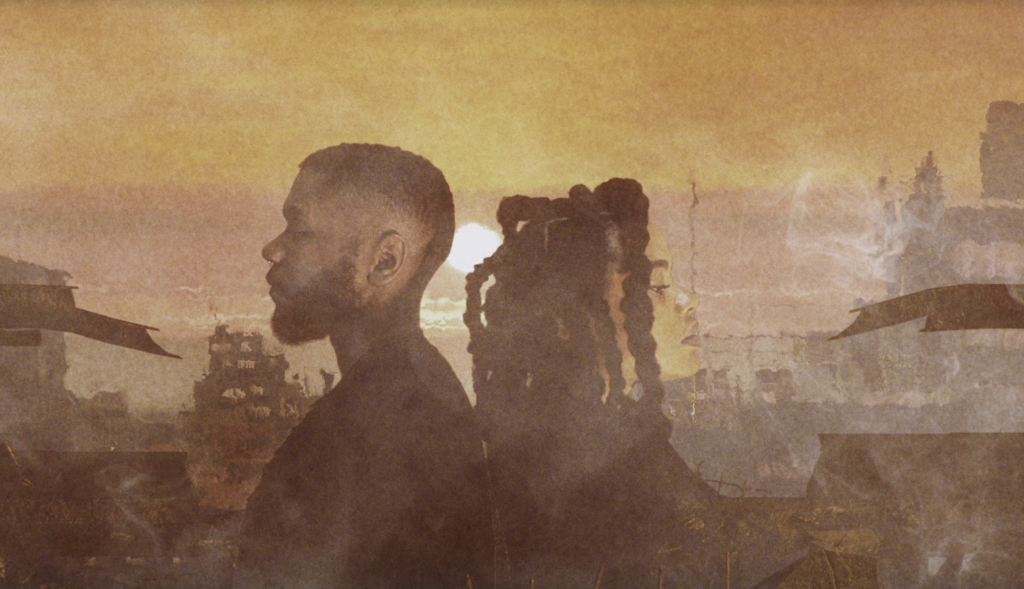
NZ: Throughout the many trips that I had with my dad in Angola, I’ve always felt fascinated with visiting places that have marks on the wall. Obviously, they all look very empty of people, there’s no one that walks there. It has some type of a heavy mood to it because you can actually feel the marks of the wall like debris everywhere, broken, destroyed homes. Even the homes of my grandparents, all destroyed by airstrikes. So, it was important for me just trying to grasp those moments, and to be able to put them throughout the album.
You look at the other cover and the fact that we used Soviet maps from Angola, archives that were bought by Jace Coop, and also we used a photo of my dad on the last day before the peace treaty was signed. It connects to all my fascination to be able to connect the visual world to the music world, kind of like it’s half-half, you know? That’s why having a video was so important to me because the world is so rich around the topics on this album. It’s just so rich for me to give all the interpretation to the listeners. These things, these symbols, just contextualize everything—‘transport the listener to Africa, to Angola basically.
**Your work utilizes historical narratives to resolve the present. Do you see an interplay with Afrofuturism and the use of future narratives to mediate transcendence? Shannen, I’m also curious because I know that you were into Afrofuturism, and I had read somewhere that you had expanded into ethnofuturism, too. I wanted to know your opinion on this as well.
NZ: The album, it’s part of many projects that I have had in my mind since I started to make music since I was a teenager, and it’s on queue. I have more things I want to dive into in the future and Afrofuturism is one of these things. But I have to admit that there’s so much more things that I have to do, to educate myself.
SP: I don’t really use that term anymore, ethnofuturism, just because I feel it’s a bit Eurocentric. I just feel like Black music is so innovative. It’s like almost always in the future. We’re always pushing new genres, we’re always creating new sounds. It’s almost like when you’re Black you have to find out so much about your history. We’re often fed more negative narratives about our history, those are the things that are on the table. I think imagining the future and reimagining what the future could be, it’s really important.**
Nazar’s Guerrilla was released via London’s Hyperdub on March 13, 2020. Shannen SP’s Nine Nights event is taking place online August 31, 2020.
